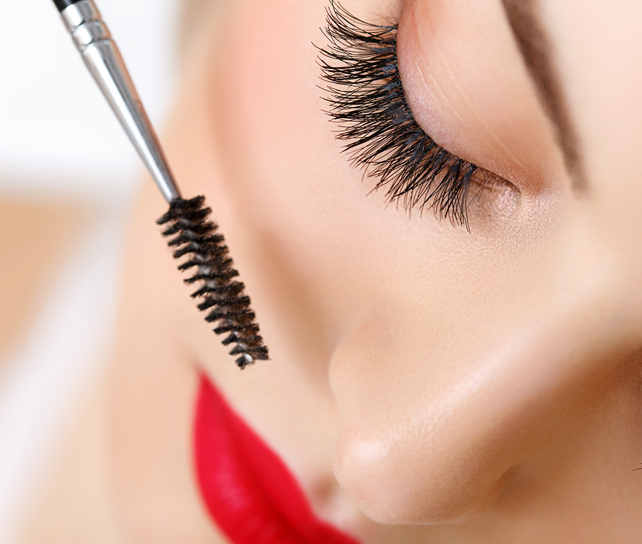Could Changing Your Diet Help Your Eczema?
What are the symptoms and treatment of atopic eczema?
Atopic eczema affects people of any age and accounts for more than a third of all eczema patients. It is characterized by unbearable itchiness. It is in many cases an inherited skin condition which is closely linked with asthma and hayfever.
Common Symptoms
- Extreme Itchiness
- Skin dryness
- Redness
- Inflammation
- Constant scratching makes skin particularly prone to infection which may cause it to crack and weep (wet eczema)
Treatments include emollients to maintain skin hydrated and steroids to reduce inflammation.
Can eczema be improved or alleviated by diet changes?
Although some adults report having worse eczema symptoms after eating certain foods, studies are still underway to find a direct link between the two. However, it is believed that people may have individualized reactions to specific food.
Atopic eczema can sometimes be caused by food allergens, especially before the age of one. Some studies of children and young people with atopic eczema found that one-third to nearly two-thirds also had a food allergy. Food allergies associated with eczema are:

•Dairy products
•Eggs
•Nuts and seeds
•Soy products
•Wheat
Moreover, histamines, natural substances released by the body in times of stress or allergies are also present in many foods. These are also suspected to promote food allergy symptoms and thus have been linked to eczema flares.
If you suffer from eczema and suspect that you may have a food allergy, your doctor can diagnose this by performing skin prick tests and blood tests. However, a food challenge is the only way doctors can tell for sure if a food allergy is an eczema trigger. This procedure takes place in a doctor’s office or hospital. During your visit, you eat a suspicious food and doctors watch for signs of eczema, like redness or weals.






